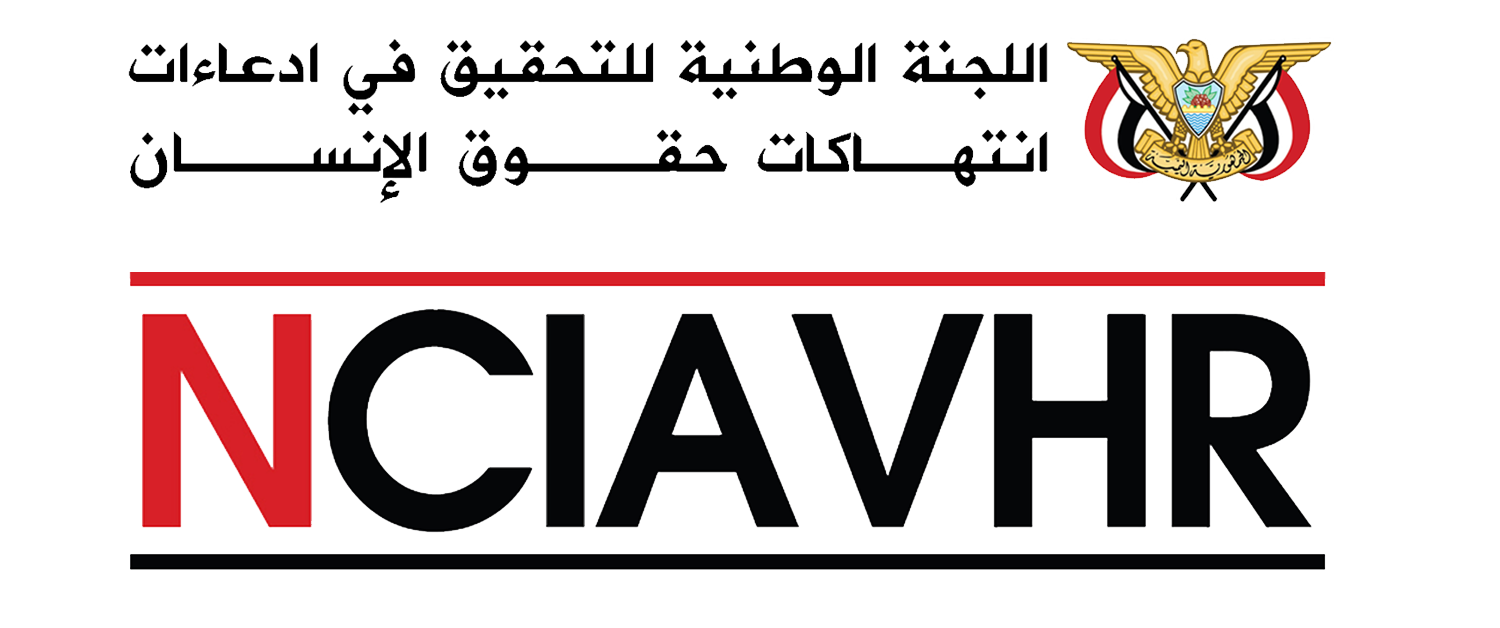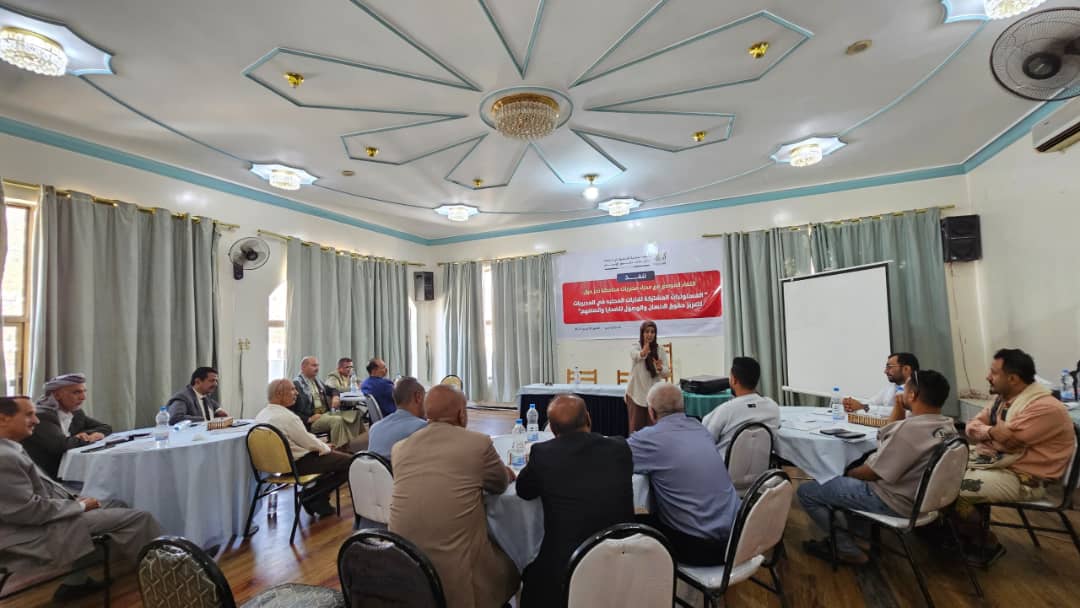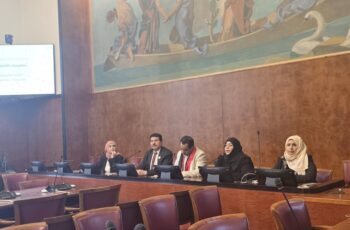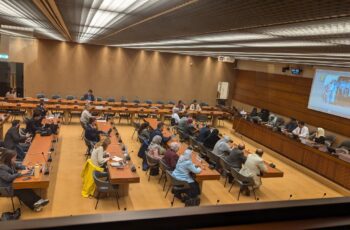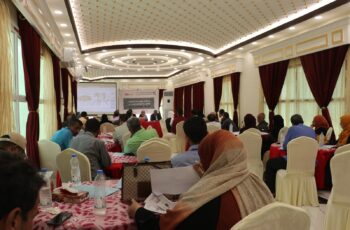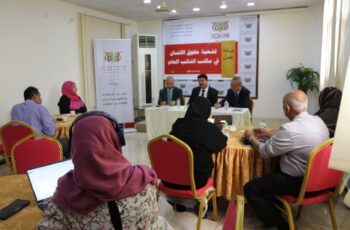NCIAVHR Holds Extended Meeting with Taiz District Directors to Discuss Shared Responsibilities of Local Mechanisms in Reaching and Redressing Victims
Taiz | June 16, 2025
Today, the National Commission to Investigate Alleged Violations of Human Rights (NCIAVHR) held an extensive meeting in Taiz Governorate with the directors of its districts to discuss the state of human rights across various districts and to strengthen cooperation with local authorities in reaching victims, documenting violations, and ensuring redress for those affected.
At the outset of the meeting, Judge Eshraq Al-Maqtari, a member of the Commission, welcomed the attendees and praised the strong engagement and effective participation of the district directors. She emphasized their critical role in facilitating the Commission’s work, especially in districts located along frontlines or under the control of the Houthi group—areas where access and documentation efforts are particularly challenging.
District directors, in turn, underscored the significance of the long-anticipated meeting, applauding the Commission’s initiative in organizing it. They highlighted the increasing frequency of violations in several districts, including landmine contamination in agricultural areas, sniper activity, and shelling, all of which continue to endanger civilian lives and property.
Participants reviewed the administrative frameworks and geographic realities of the districts, along with the current security and military dynamics, as well as the humanitarian and human rights conditions. They called on the Presidential Leadership Council, the government, and local authorities to fully assume their responsibilities across all districts, including those under Houthi control, asserting that the internationally recognized government remains accountable to the Yemeni people and the international community for all citizens.
They emphasized that this responsibility aligns with the government’s legal obligations and supports the performance of local mechanisms—particularly the work of district directors and their executive bodies. The meeting stressed the importance of backing frontline districts and responding to the demands of residents there, considering them an integral part of the peacebuilding process founded on justice and victim redress.
This landmark meeting—the first at the national level—concluded with outcomes and recommendations. Chief among them were the compilation of preliminary lists of violations and victims across districts and sub-districts, proposals to establish a coordination mechanism between the NCIAVHR and its field researchers on one side, and local authorities on the other, and the facilitation of the Commission’s access to victims for documentation purposes. These steps aim to ensure justice and equal redress for all victims, regardless of location.
This initiative is part of the NCIAVHR’s broader efforts to deepen its partnership with local authorities and activate on-the-ground monitoring and investigation tools, thereby strengthening human rights protection in Yemen and promoting accountability and the fight against impunity.
